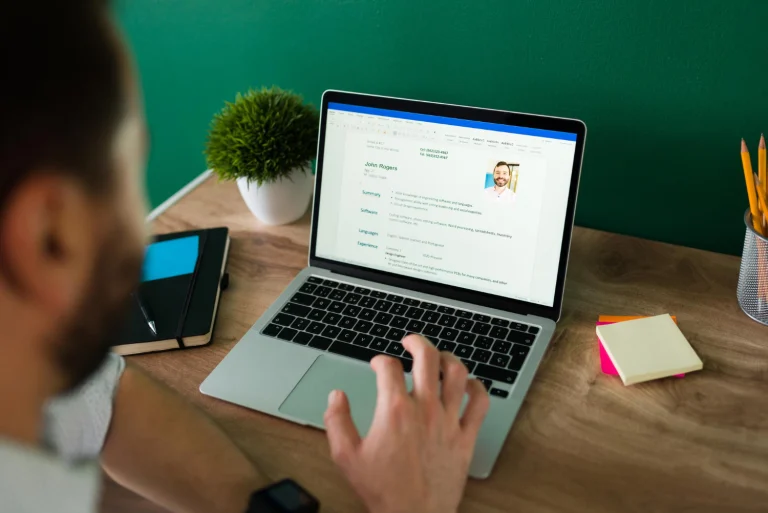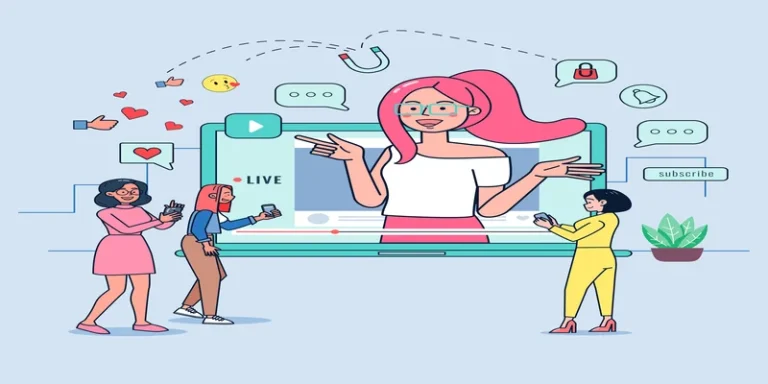How To Get Ready For The Frequently Asked Interview Questions

Preparing for an interview is a very tricky process that can make anyone panic. It can be very nerve-wracking, as you have to be ready to face various questions specifically designed to determine your suitability for the position. To succeed in these interviews, you have to be very well prepared and have structured responses to the questions. Being well prepared will make you confident and allow you to anticipate the frequently asked interview questions if you are a first-time applicant or a seasoned professional. This guide will talk about the interview questions that are frequently asked and how you can practically prepare for them.
Getting Ready For The Interview
The Purpose of Interview Questions
Interview questions are not just random questions to get information about yourself or what you do; these questions are designed specifically to analyze and assess your personality, communication skills, and how well you can align with the company’s goals. Frequently asked interview questions, such as “Tell me about yourself” or “Why should we hire you?” are mostly open-ended. The reason behind this is that the employer sits back and observes how well your self-awareness is and how you think critically and present yourself. Therefore, you must prepare for them and develop answers based on your instinct instead of memorizing them.
Researching Your Role and the Company
When preparing for your interview, do a deep dive into your job description and research about the company in depth. As a candidate, you should study the job description, the responsibilities, and the required skills. This aligns you with the details of what an employer is looking for in an ideal candidate. Research about your role in the company also helps to find potential questions that might be asked and determine how you can provide answers to those questions.
Moreover, you should also research the company’s values, missions, organizational objectives, culture, and recent developments made. This knowledge will help you tailor your answers according to the questions asked by the employer, like how you can fit into the company and how interested you are in joining the institution. Having an understanding of the firm would present you as an individual who is genuinely interested in the position and would also keep you calm during the interview process, as you have adequate knowledge about the company.
Practicing Response to Common Questions
In an interview, some common questions are always asked, no matter the position or the company. These questions are;
- Tell me About Yourself.
- What are Your Strengths and Weaknesses?
- Why Should We Hire You?
- Where do you see yourself in 5 Years?
As someone who is an exceptional candidate, you should prepare yourself for these basic questions. This is because if you are unable to answer these properly or show any lack, it could leave a bad impression, and your online professional bio would be questionable due to your performance in that interview. To prepare well for these questions, you can use the STAR method. This method makes each answer in a structural manner of Situation, Task, Action, and Result. You can start by describing the context (Situation), defining what needs to be done (Task), explaining what you did (Action), and sharing the outcome (Result).
HOW YOU CAN ANSWER THESE QUESTIONS
1- Tell me about yourself.
This question is asked because the interviewers want to know about your story, how you began your career, the riveting details, and how keen you are in your profession. The answer to this question should be a balance of your achievements, aim, passion, your personality, and who you are, other than your profession. Practice answering these questions, as it will demonstrate the fact that you are clear about who you are.
2- What are your strengths and weaknesses?
This question determines how well you know your abilities and competencies. Talking about your weakness is not humiliating yourself, but instead providing an optimistic view about yourself. Through this, you mention your flaws and the fact that you are working on improving them. Mentioning your strengths is an opportunity to talk about your technical and soft skills. It highlights your unique qualities and instills confidence in your career.
3- Why Should We Hire You?
Employers are looking for candidates who answer this question by telling what they can bring to the table and what skills and experience they can bring to the team. Don’t answer vaguely. Talk about your experience and how that, combined with your abilities, could be beneficial for the team, and how the company could also benefit from it.
Highlighting Achievements And Strengths
In an interview, you are supposed to explain to the employer why they should hire you and what value you will bring to the organisation if they take you on board. Now, you can easily elaborate on your potential and value through your CV, which professional CV writers craft. Now, to back this up, you have to answer the questions that talk about your Strengths, what you have achieved over your professional career, and what your ambitions are for the future. Don’t present generic answers like, “I am a hard worker” or “I am emotionally intelligent”; instead, give answers such as: “As a lead sales expert, I believe in hard work and with my experience, I have gathered the emotional intelligence to understand my team and play with their strengths to get the best possible result.”
Stay Calm and Confident
Getting nervous before an interview is natural, but preparing well for the interview will automatically reduce your anxiety. Get a good sleep the night before, dress nicely, and get there early. In the interview, take some time before answering; don’t get stressed out by questions you don’t have an instant answer for; take some time; use some fillers; and never hesitate to ask the interviewer to explain anything you don’t understand. Be confident during the interview. Confidence is conveyed through your posture, eye contact, and tone of voice. Believe in yourself and your abilities.
Frequently Asked Questions (FAQS)
1- How early should I arrive for my interview?
You should leave your house an hour early so you beat the traffic and arrive 10-15 minutes early for your interview.
2- Should I enquire about pay during the interview?
It’s better to wait until the employer brings it up or save it for the 2nd interview that might be lined up.
3- How do I respond when I am unsure about the answer to a question?
Stay calm, take your time, and make sure to explain what your thought process is.
Conclusion
Getting prepared for your interview and frequently asked interview questions is all about practice and self-reflection. You have to understand what the meaning behind asking these questions is, aligning your answers according to your role and practising effectively. Remember that employers are not only analysing your answers but also your confidence, communication skills, attitude and mindset. Taking the right approach to prepare and practice for the interview would lead you to get that job.






